
Delivery & Planting Available
Shared Guarantee
Within 90 daysPlant Perks
Join TodayGarden Coaches
Guidance for your landscape
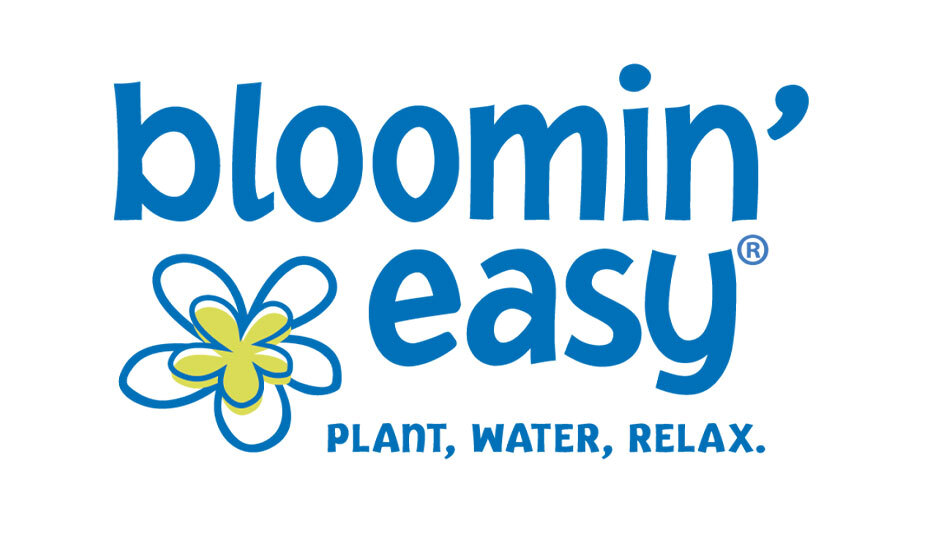
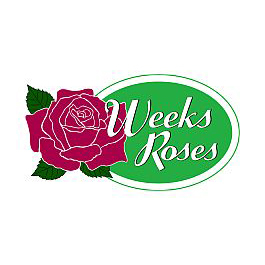
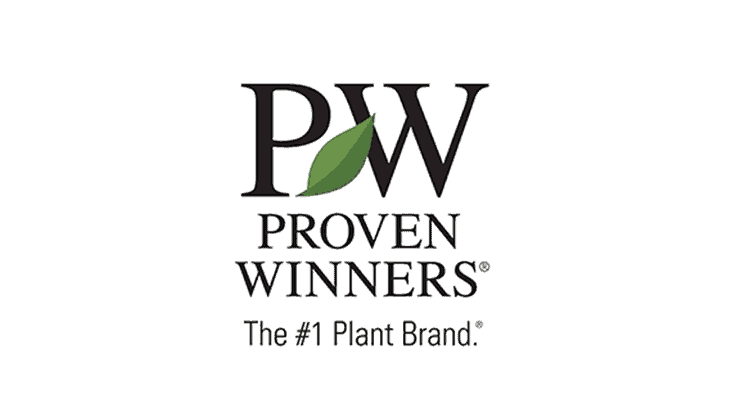
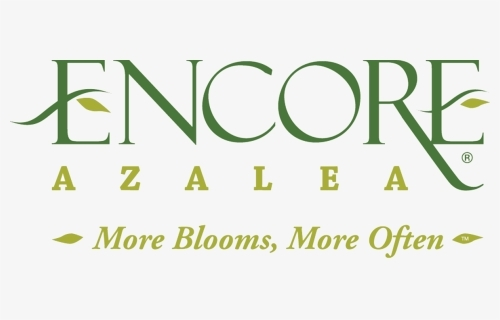
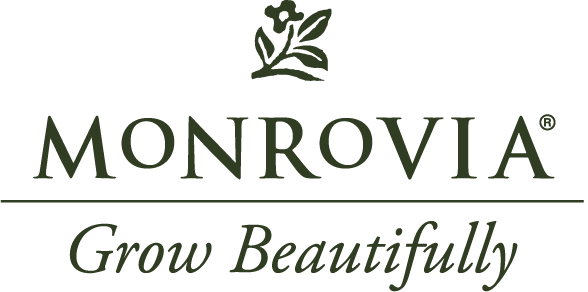













Shop New Products
Recent Posts
Home Office Plants: Best Houseplants for Your Workspace
Jul 7th 2025
Home Office Plants: Best Houseplants for Your WorkspaceAs the lines between home and work continue to blur, creating a productive and inviting home office has…
Read more
Indoor Gardening: Selecting the Best Houseplants for Air Quality
Jun 30th 2025
Are you looking to spruce up your living space while also enhancing the air quality in your home? At Twin Oaks Nursery & Garden Center, we believe that housepla…
Read more
Containers vs. In-Ground: Pros and Cons of Each
Jun 23rd 2025
Welcome to the Twin Oaks Nursery & Garden Center blog! As lovers of all things green and blooming, we know that choosing the right planting method is a crucial…
Read more
Inviting Wildlife to Your Garden with Plants from Twin Oaks
Jun 16th 2025
At Twin Oaks Nursery & Garden Center, we believe that a vibrant garden is not just about stunning plants; it's also about creating a welcoming environment for t…
Read more
Transform Your Space with Shade Trees from Twin Oaks Nursery
Jun 9th 2025
Transform Your Space with Shade Trees from Twin Oaks NurseryHello, green thumbs and nature lovers! ? At Twin Oaks Nursery & Garden Center, we believe that ever…
Read more
How to Identify and Control Garden Pests Naturally
Jun 2nd 2025
Welcome to the Twin Oaks Nursery & Garden Center blog! As passionate gardeners, we know how rewarding it is to see our plants thrive. However, there’s no denyin…
Read more


















